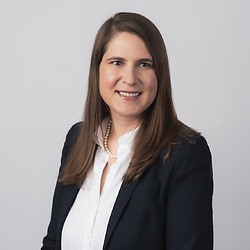Claim for Trademark-Infringing Telephone Scam Not Interrelated with Claim for Internet Scam
The United States District Court for the Eastern District of Pennsylvania, applying Pennsylvania law, has held that a telephone marketing scam and an internet false advertising scam were not interrelated wrongful acts precluding coverage because the conduct behind the alleged wrongful acts was different. Connect America Holdings, LLC v. Arch Ins. Co., 2016 WL 1254073 (E.D. Pa. Mar. 31, 2016).
The insured, a producer of medical alert response systems, was sued by a competitor for trademark infringement and other claims regarding an alleged fraudulent telemarketing operation where the insured was claimed to have misled consumers by creating the impression that they were purchasing products from the well-known claimant. The insured sought coverage for the telemarketing lawsuit under its management liability and crime insurance policy. The insurer denied coverage, asserting that the current lawsuit was based on interrelated wrongful acts alleged in a prior lawsuit in which the claimant had alleged that the insured violated its trademarks through internet advertisements and manipulating keyword searches.
The court denied summary judgment for the insurer, holding that the current lawsuit and prior disputes were not based on interrelated wrongful acts. The policy defined interrelated wrongful acts as “Wrongful Acts that have as a common nexus any fact, circumstance, situation, event, transaction, cause or series of causally connected facts, circumstances, situations, events, transactions or causes.” The court stated that “the focus of the interrelatedness inquiry is on the acts, not on the parties or the goals.” As such, even though the insured allegedly misused the same trademarks with the goal of misleading consumers into believing they were doing business with the claimant, the court concluded that the gravamen of the current lawsuit was that the insured engaged in a phone scam, whereas the earlier disputes focused on the insured’s use of the claimant’s trademarks on the insured’s website and other internet media. The court found the factual nexus between these acts insufficient to deem the two claims interrelated.
Authors
 Of Counsel
Of Counsel

